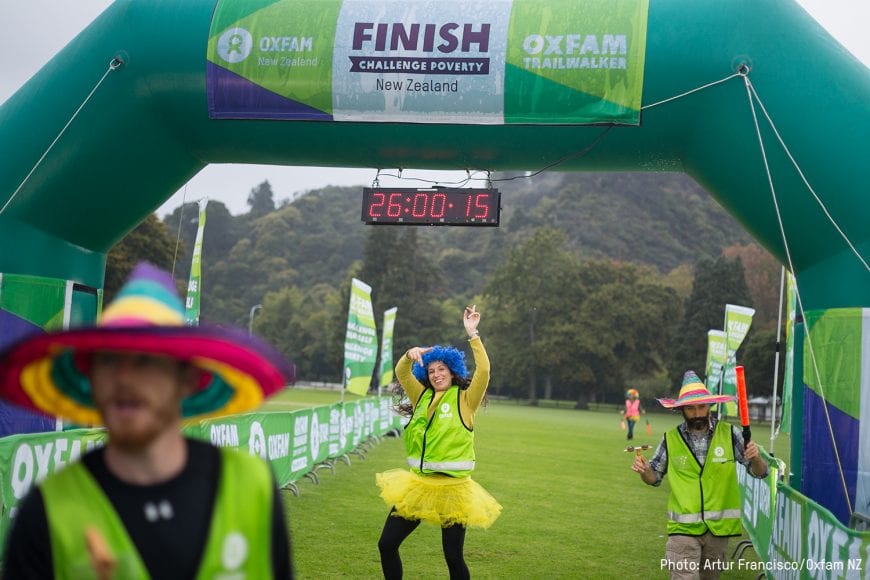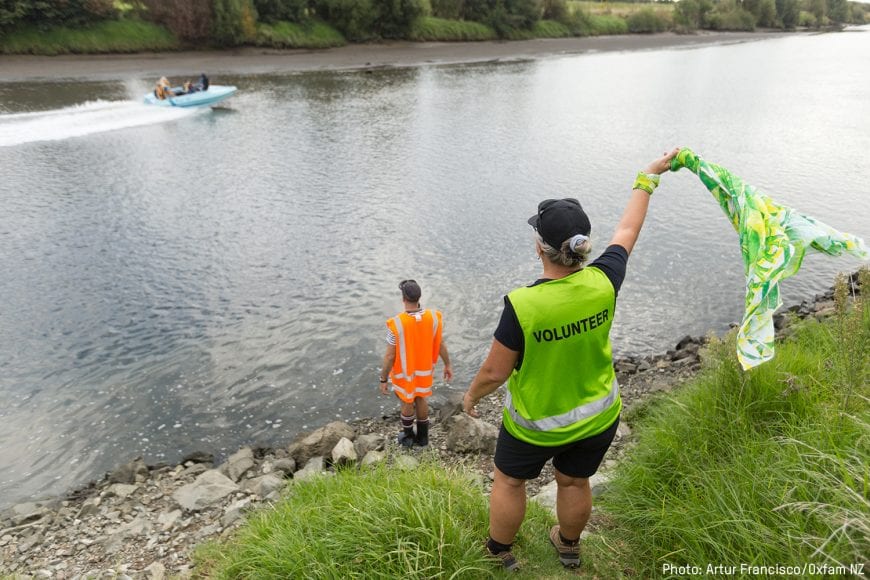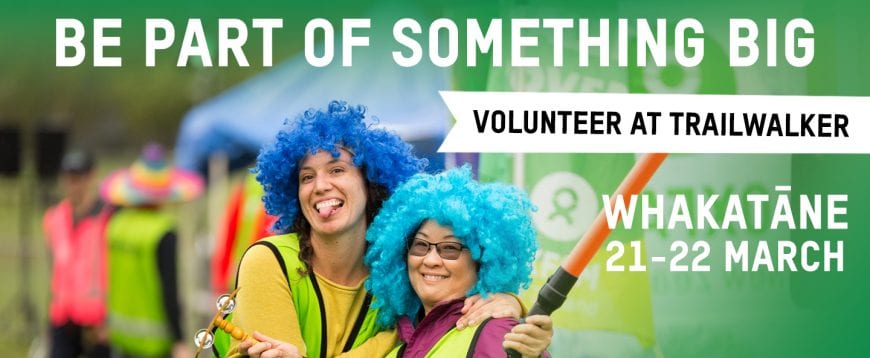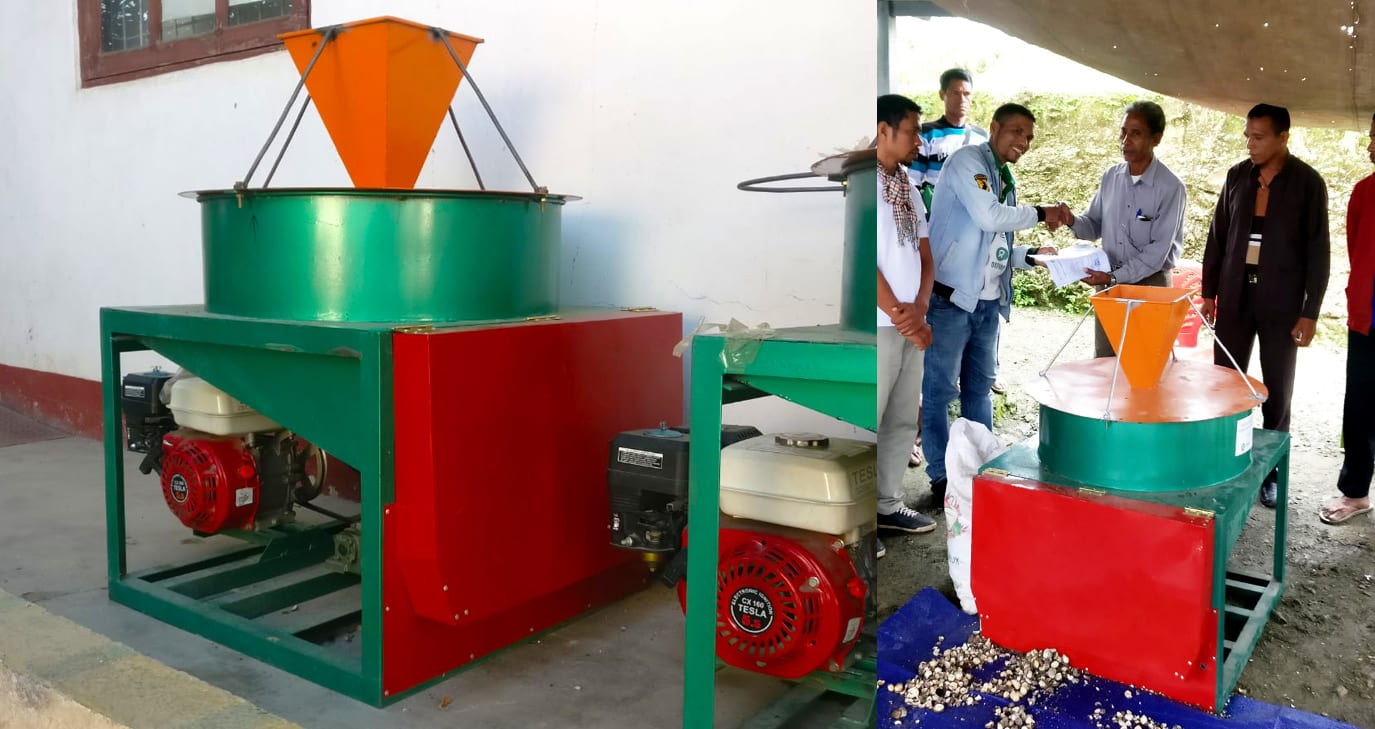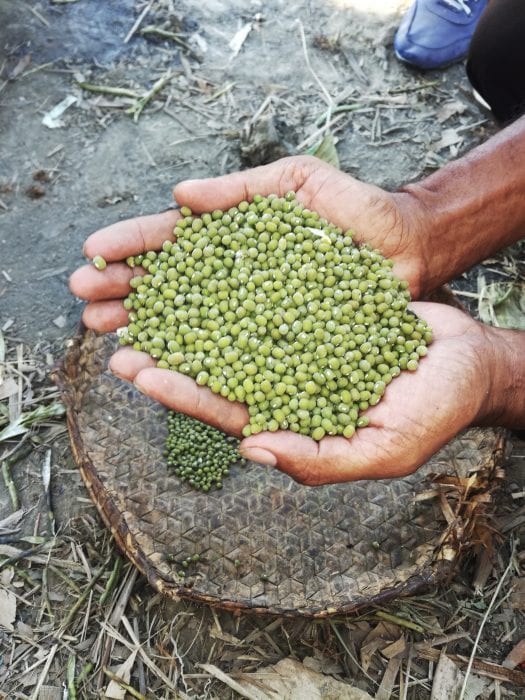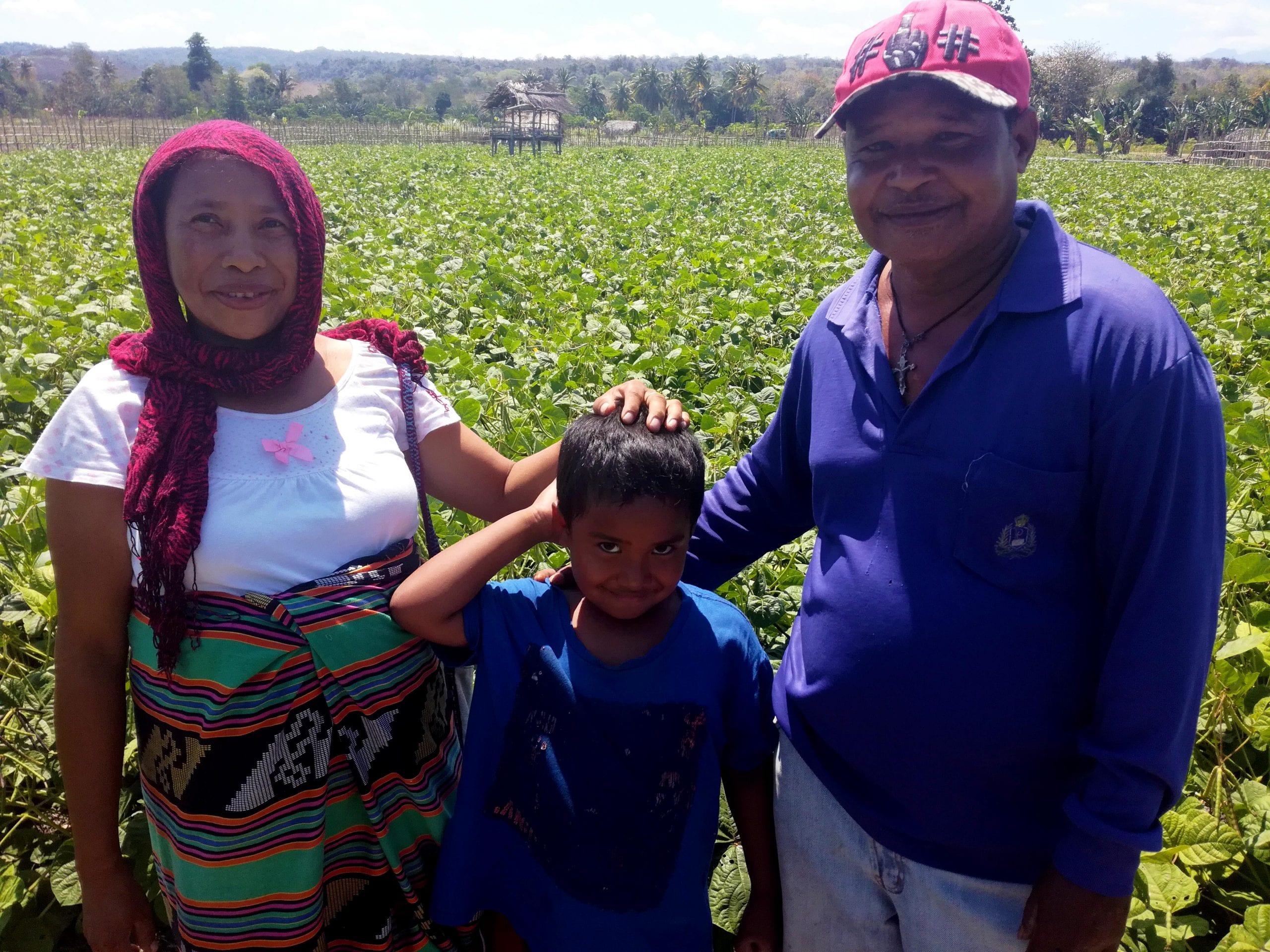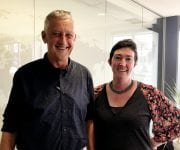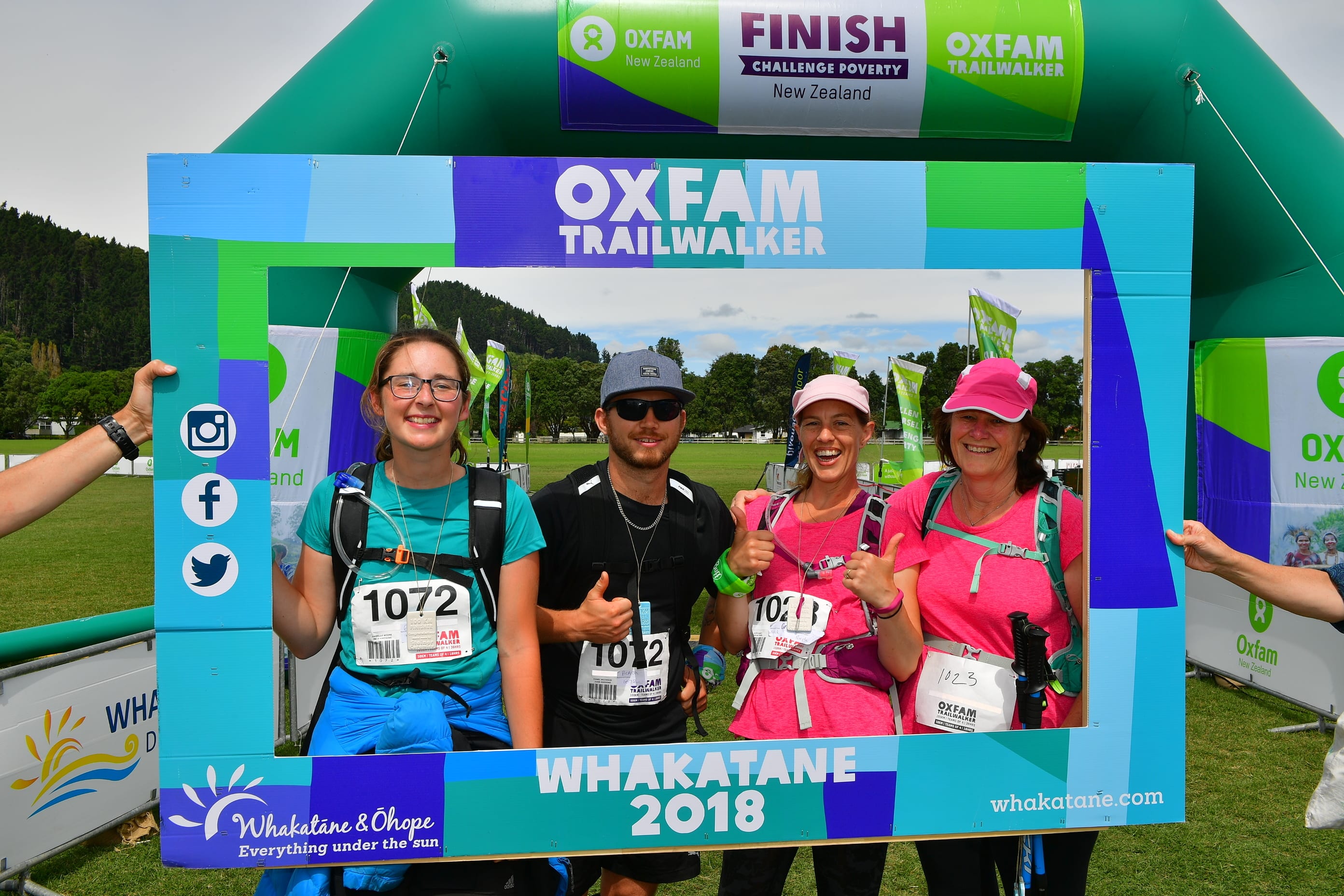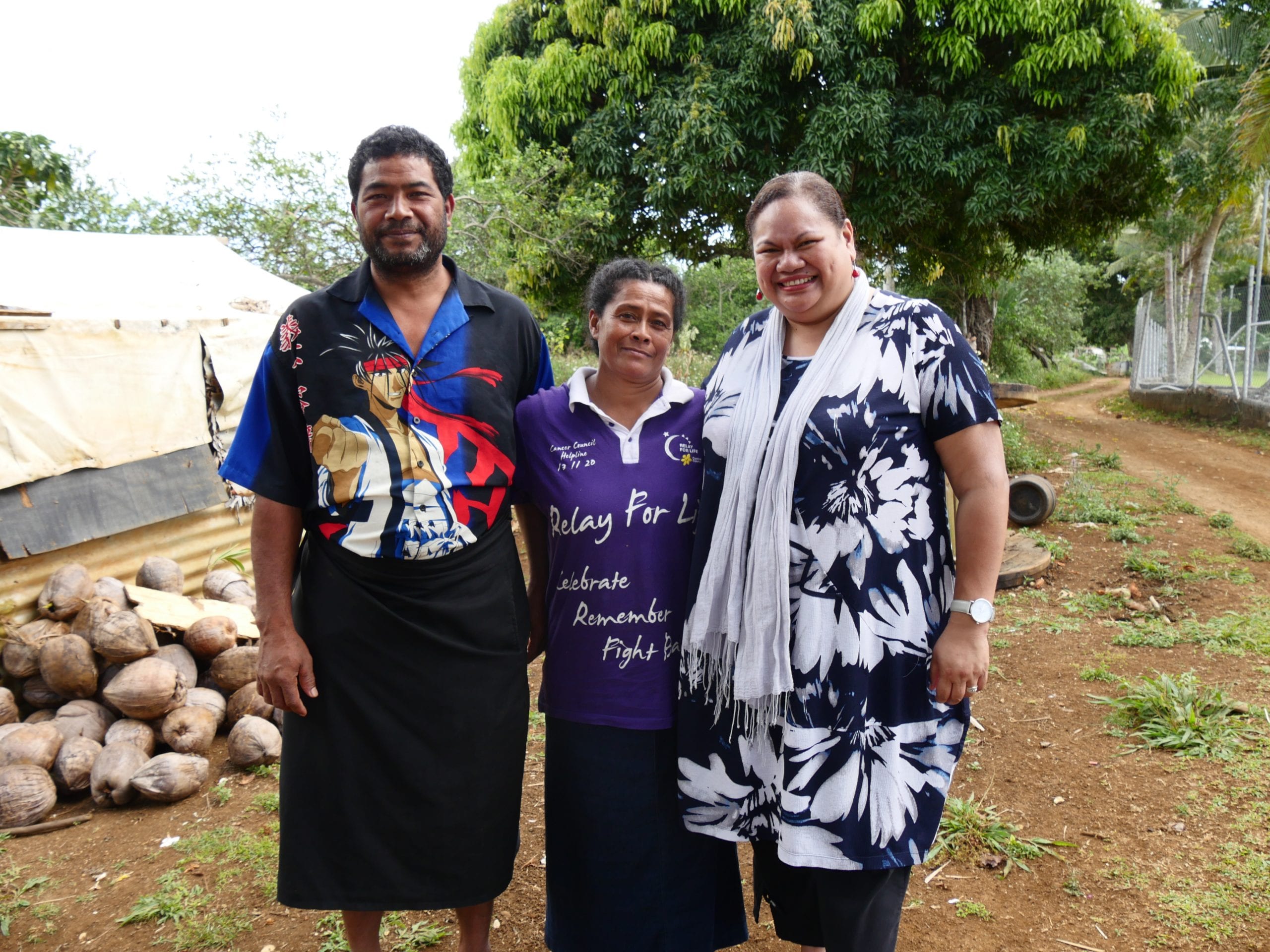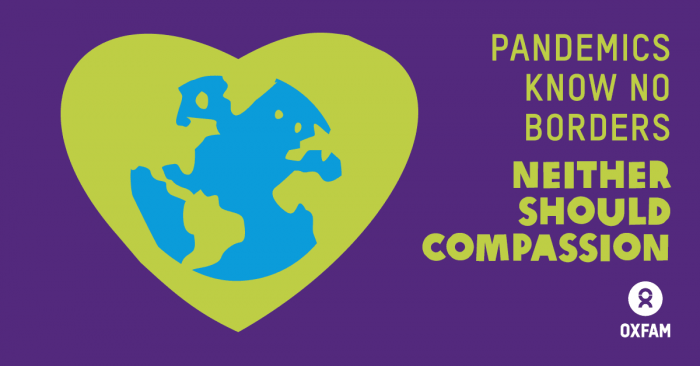
Sometimes a week can feel like a very long time. As we watch the global spread of coronavirus and see our country and our world changing daily in front of us, we naturally feel concern, and even fear, for ourselves, our family, friends and beyond.
Everyone is impacted, whether feeling the distance of loved ones far away, anxiety for those in isolation, uncertainty around a job, or disappointment of having a big life event cancelled.
Take heart: while the pandemic knows no borders, neither does our compassion.
As someone who is part of the Oxfam community, I know you care deeply about how disruptive global forces can impact other’s lives. Thank you for how you care and look out for others – your aroha and ability to look beyond yourself is more precious now than ever.
This pandemic highlights how interconnected we are; our own health depends on the health of the person next to us, and the person next to them. And the same connections that make us a global village also mean we can overcome this challenge as a community, cooperating together.
Though we may have to be physically distant, we can practice social togetherness.
Thank you for being together with us. We appreciate your ongoing involvement with Oxfam in this tough time – your support means we can respond to the ever-growing needs. As experts in water, sanitation and hygiene during crises like the current pandemic, we at Oxfam New Zealand are preparing to respond to the compounding impacts of Covid-19 on those in developing countries who are already living in crisis situations.
We’re doing more of what we do best:
- working with local community partners to save lives and meet basic human needs in global crises, including to prevent, slow and stop the spread of coronavirus
- maintaining our existing overseas work to secure safe water, grow crops and other such needs, that are even more acute in a crisis like this
- speaking up for strong, connected communities, with robust public services and governance that leaves no one behind, and that promotes community resilience to better face pandemics and climate destruction.
The challenges ahead are real. Here, in the Pacific, and globally, the impact of the virus will be much worse for people who are poor, not in regular employment or in precarious living environments. Women will be hit hard by this crisis. They make up 70% of the world’s health workers and shoulder the vast burden of unpaid care, which will increase dramatically with caring for sick family members.
Our response to tough realities such as these can strengthen our capacity for connecting across humanity, and demonstrating compassion and kindness.
The good news is that we know we can pull together to get through such crises. Just this week, communities in the eastern Democratic Republic of Congo were celebrating the containment of a major Ebola outbreak, working hand-in-hand with humanitarian organisations including Oxfam.
Thank you for your commitment to forging a better world and kinder communities. We will let you know of our work to combat this pandemic as the situation unfolds, and we will keep up our efforts to eradicate injustice in all its forms. Strength and kaha be with you in keeping yourself and your loved ones healthy.
Together we will keep working with courage and compassion in the face of this challenge.
Ngā manaakitanga,
Rachael Le Mesurier,
Executive Director, Oxfam New Zealand





